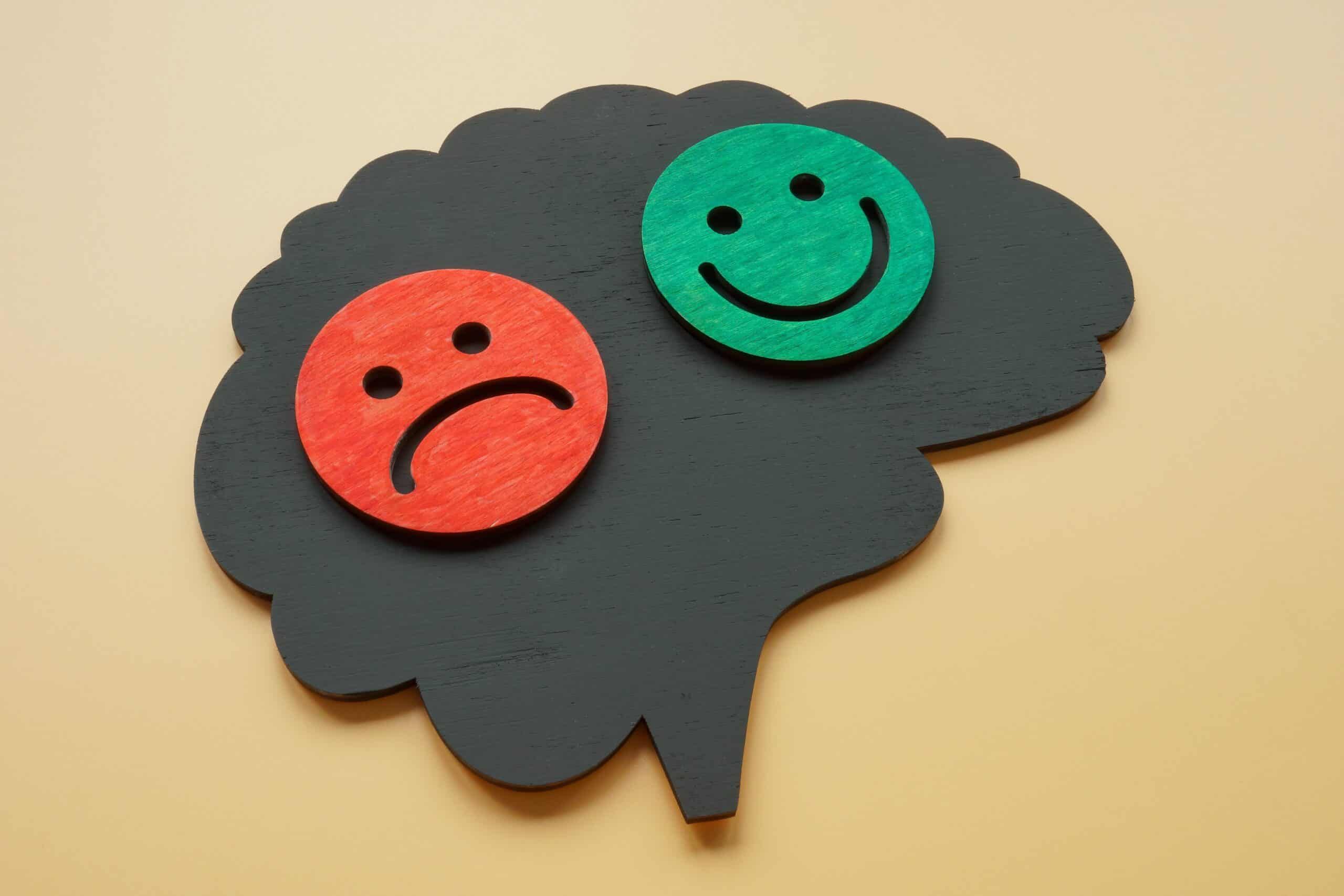What Causes False Memories in OCD?
It is common for someone who is struggling to experience OCD and false memories together. Obsessive-compulsive disorder (OCD) is a condition characterized by persistent and unwanted thoughts (or obsessions) and repetitive behaviors or mental actions (compulsions).
The individual feels they must perform these actions to alleviate stress or anxiety. Often, those with OCD tend to have intrusive doubts, causing them to question whether their memories are real or not.
What Causes False Memories in OCD?
OCD is characterized by intrusive, unwanted thoughts. It is also characterized by high anxiety. Due to these unwanted thoughts, someone may question whether their memories occurred as they remembered them.
They may also begin to experience a need for certainty or validation in these memories, causing them to overthink and overanalyze the memories. This over analyzation can cause their recollections to become distorted and reinforce, or create false memories.
Examples of False Memories and OCD
False memory OCD often revolves around common fears that may be associated with the condition. This can include someone thinking they accidentally hit someone with their car, despite having no recollection of the event. Even after checking for signs of an accident, they may have persistent, unrelenting thoughts and doubts which can create a false memory.
Contamination fears, or mysophobia, are also common culprits. Someone may believe a surface is contaminated although they have already thoroughly cleaned and disinfected the area. OCD and false memories occur because the persistent doubt creeps in and the individual questions whether they have done everything they can to decontaminate the area.
Do False Memories Improve with Treatment?
Mental health treatment has improved in leaps and bounds. Professional treatment allows individuals to learn and implement healthy coping skills that can help them live with the condition. These skills help to minimize the impacts that OCD and false memories can have on them, improving their quality of life.
Different therapeutic approaches can aid in helping the person struggling to learn how to get through the feelings and emotions, as well as the characteristic symptoms, without overly distressing them. Medications can help alleviate symptoms and provide relief in combination with therapy. Certain medications such as selective serotonin reuptake inhibitors (SSRIs) help to balance serotonin in the brain, leading to relief from symptoms of the condition.
How to Recognize OCD False Memory
Recognizing signs of OCD and false memories helps to minimize the impact of the condition on the individual. These false memories occur as a result of intrusive and persistent thoughts and doubts surrounding a memory. This is a key sign to look out for as they are generally catalysts.
Recognizing the potential signs can help in getting proper care to prevent worsening, creating a space where the individual can begin healing to thrive.
Common Signs
Identifying signs of potential ocd and false memories can help with early intervention. Common signs include excessive doubt, compulsive behaviors such as checking and cleaning, unrealistic scenarios, emotional distress, and inconsistent details. If these signs are prominent, seeking professional care and support can help alleviate some of them.
False memory OCD can be managed with a combination of therapy and medication. Leaving the condition untreated can only exacerbate the symptoms, making it worse for the individual. Proper care and support are crucial to prevent worsening and complications from the condition.
Treatment and Therapy
Mental health treatment and therapy can help someone learn new and positive skills to help them cope with daily stressors and triggers that could lead to exacerbated symptoms. Therapies such as cognitive behavioral therapy, specifically the subtype of Exposure and Response Prevention, help the individual struggling with this condition to avoid compulsive reactions.
This is done by gradually exposing someone to anxiety-provoking thoughts or situations and preventing the compulsive responses. Over time, ERP helps to reduce the intensity and frequency of the obsessive or intrusive thoughts, and the related compulsions.
Holistic Treatments
Treatment also allows the individual to begin practicing mindfulness practices. Holistic therapies such as meditation can help them to stay present, focusing on things other than obsessions and compulsions. OCD and false memories may call for extended therapy, outside of the traditional treatment setting. It is crucial to see the process through and continue therapy to the end to ensure all necessary tools and skills are accessed.
Recovery is a lifelong process and it is not linear. Some people may find relief sooner than others, and it is not a reflection on the individual. Everyone heals differently, at varying paces. It is important to keep this in mind throughout the process.
Connect With Compassionate Treatment Professionals
Mental health struggles can lead to lasting impacts on an individual and their life. OCD is no exception, and false memories can make overcoming the struggles of the condition more difficult. Having compassionate and knowledgeable professionals who can help guide the individual through the process can help.
If you or a loved one are struggling with OCD, we can help. At Lexington Addiction Center we provide an environment that promotes the healing process, with mental health professionals who can help guide you through it.
Call us today to begin your journey.






